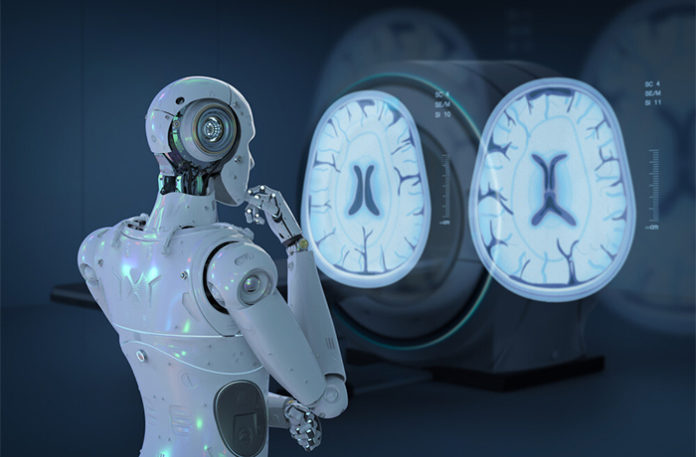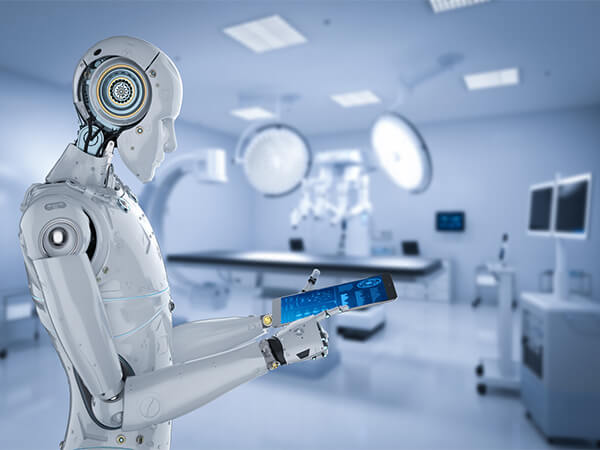There is much research, studies being conducted around ways AI can be used in the medical and healthcare industry. Some of the studies and implementations are in the area of diagnosis and treatment recommendations.
There have been multiple attempts and experiments to implement AI in diagnostics and treatment of diseases. Not many were actually adopted in clinical practice, instead, they were used to assist the human practitioner/diagnosticians also some were implemented to improve medical workflows and record systems or applications. IBM Watson cancer diagnosis and treatment received attention and is progressing as well.
There have been cases where people believe that the overall implementation did not provide expected results and we are sure that the required changes in the overall process are being looked into and the solution will evolve out of the continuous development.
From various labs and experiments, we do get information that a certain approach developed using AI is likely to provide better diagnostic capabilities than human. Even there are many commercial and open-source products available that are targeting the similar area; however, the complexities involved in such diseases and market competition are some of the parameters that are adding to the various challenges in the journey.
Rule-based or algorithm-based systems are dependent on the data set, training – these sometimes may be difficult to maintain because knowledge changes, systems are often not able to handle the massive data based on various aspects of human life and health e.g. metabolic, genomic, etc. Various start-ups and technology firms are working towards resolution of some of the issues. The following are some of the examples in addition to IBM Watson.
Enlitic is a San Francisco-based company. They use data to advance medical diagnostics. Their approach is towards collecting and analyzing the world’s most comprehensive clinical data, pioneering medical software that will enable the doctors to diagnose sooner with renowned accuracy. The company has a team of practising radiologists, data scientists, and software engineers, etc. And they analyze abundant healthcare data that covers details from millions of clinical cases across various sectors of healthcare.
Also Read: Benefits of Artificial Intelligence in Medicine
Recently the company also won an award from the United States Defense Innovation Unit (“DIU”) to pilot its comprehensive AI platform in select Defense Health Agency and Veterans Affairs Medical Treatment Facilities.
According to Jvion CEO Shantanu Nigam, the traditional Artificial Intelligence methods and other predictive analytic solutions, generally, are known to only identify high-risk patients and can also cause alarm fatigue. However, Jvion extends the capability by identifying impactable patients who are on a risk trajectory. It also provides the patient-specific recommendations to drive a better outcome. They help different users in the entire workflow – providers, payers, PBMs, Public Health Agencies, Partners etc. Recently, they have announced their predictions for healthcare in 2021.
Since the year 2014, Diagnostics.ai has been primarily focusing on resolving patient’s safety issues caused by known problems. Diagnostcs.ai was formerly known as Azure PCR. They have focused on using innovative AI and machine learning to improve diagnostic accuracy and to cut the costs – improving patient safety worldwide. The company has also received a Digital Health award in 2017.
How about the pandemic?
The pandemic has underlined the hype(?) and the importance of artificial intelligence (AI) for healthcare. Google Cloud and the Harvard Global Health Institute have come up with a new COVID-19 forecasting model.
This will be helpful to determine where the disease will spread next, why it affects some populations more than others, what measures will help manage and prevent the further spread of infections, etc.
The common thread across most of such solutions is an enormous amount of data, which is too much for humans to analyze on their own but a perfect task for AI and machine learning. With the advancements, let us hope that diseases like Cancer, Alzheimer, Arthritis, etc. will not go untouched by the power of AI and as various AI-enabled systems are going through changes and revisions, one day we may well hold the key to the treatment for all such diseases.

































